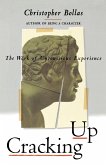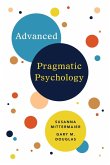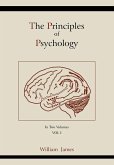François-Bernard Michel is a professor in the faculty of medicine at Montpellier University and a department head at Montpellier's teaching hospital. He is currently the president of the French National Academy of Medicine. He is notably the author of La Face humaine de Vincent Van Gogh (Grasset, 1999). Vincent Van Gogh was a fascinating man, an artist whose life and work continue to elicit great interest. But do we really understand his personality and the nature and cause of his suffering? To illuminate Van Gogh's character, the author has reconstituted a detailed account of five decisive days in the last two years of the painter's life. We 'hear' Van Gogh's voice: in a sharp exchange with Paul Gauguin and during subsequent meetings with his doctors, in Arles and Auvers-sur-Oise, from 1888 to 1890. This book was inspired by the letters exchanged between Van Gogh and his doctors. The detailed account of five decisive days offers a dramatic insight into Van Gogh's personality, his day-to-day experiences, his torments, his comments about his paintings and his unfulfilled desire to be heard.- An exceptional document about Vincent Van Gogh: we 'hear' him discuss his feelings and anxieties, his art and absinthe.- The author deals with the relationship between illness, melancholy and creative hypersensitivity, and underlines the need for a more humane form of medicine, one that listens to and recognises the patient who suffers.
Hinweis: Dieser Artikel kann nur an eine deutsche Lieferadresse ausgeliefert werden.
Hinweis: Dieser Artikel kann nur an eine deutsche Lieferadresse ausgeliefert werden.








